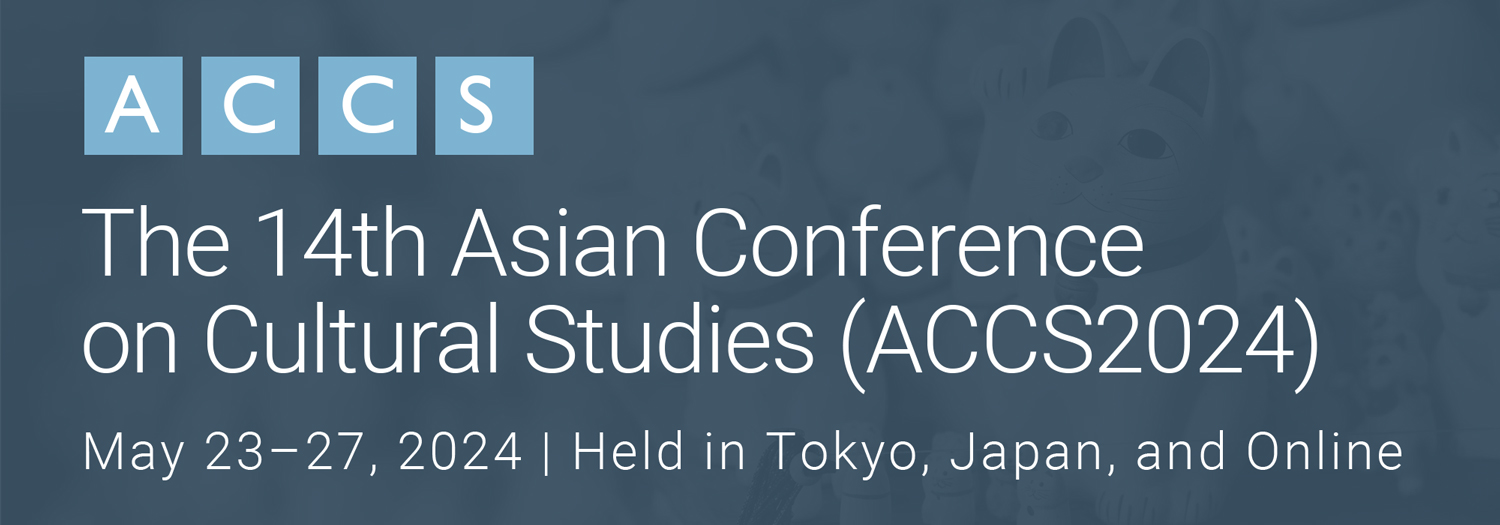Physical Activity, Screen Time and Technology Use Among Preschool-Aged Children During the COVID-19 Pandemic in the U.S. (81401)
Session Chair: Ayumi Nagase
Monday, 27 May 2024 14:35
Session: Session 3
Room: Room C (Live-Stream)
Presentation Type: Live-Stream Presentation
Rapid technology advancement is one of the determinants of increased inactivity and prevalent sedentary lifestyle among young children. The Covid-19 pandemic exacerbated such concerns among children, due to stay-at-home orders, shifts in learning modalities and growing parental dependence on digital technology to juggle childcare at home. Existing literature indicated the adverse effects of physical inactivity with prolonged screen time on children’s physical and psychological well-being. Although past studies suggested that daily activity levels, screen time and access to technology may differ across socio-demographic characteristics among school-aged children, it is unknown that similar differences exist in the preschool-aged group. To address this gap, we surveyed 3,867 caregivers of preschool-aged children in Northern California to explore children’s time spent indoors/outdoors, level of physical activities, screen time, types and purpose of technology usage and potential differences across the caregivers’ education, income, and ethnicity. Although families reported similarity in the amount of time spent indoors/outdoors and on physical activities, differences in the availability of technology and its use, screen time, and parental supervision based on caregivers’ ethnicity were evident. Latinx families reported that they were impacted more by COVID-19 in the way technology was used at home than other groups. While the rise in screen time and lack of physical activity may be unavoidable in modern life, it is imperative to understand the trends and distributions across different demographic variables to help develop an adapted family routine that could leverage screen time and sedentary activities for their strengths while limiting their known risks.
Authors:
Yajuan Xiang, Sonoma State University, United States
Ayumi Nagase, Sonoma State University, United States
About the Presenter(s)
Dr. Xiang is an Associate Professor in the Department of Early Childhood Studies at Sonoma State University. Her interests involves parenting and evidence-based methods that promote early language and literacy learning
See this presentation on the full schedule – Monday Schedule





Comments
Powered by WP LinkPress